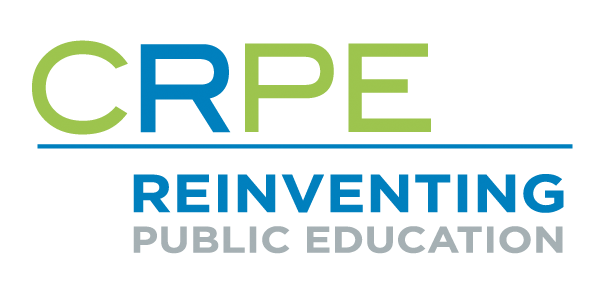Excellence Community School is a charter school network in the Bronx neighborhood of New York City and Stamford, Connecticut. Using ARP funds, the network began or scaled three initiatives designed to provide additional support to students and families.
First, Excellence began its Club Excellence program, which invites professional artists to teach remote spoken word, creative movement, musical theater, and other creative arts programs. Second, it established Community Learning Partners, who are parents and community members hired to work at Excellence campuses as recess monitors, office assistance, and tutors. Third, they created the “Q” School, a group of virtual substitutes accessed by students who are sent home due to illness. These educators help students with their assignments at home until they are able to return to school. Each of these programs provides increased support to students and employment to community members who may have had their livelihoods affected by the economic impacts of the pandemic.
We are spotlighting this because these programs are examples of nimble, innovative solutions to the challenges brought on by COVID-19. They provide academic support for the diverse students Excellence Community School serves and support for the surrounding communities.





